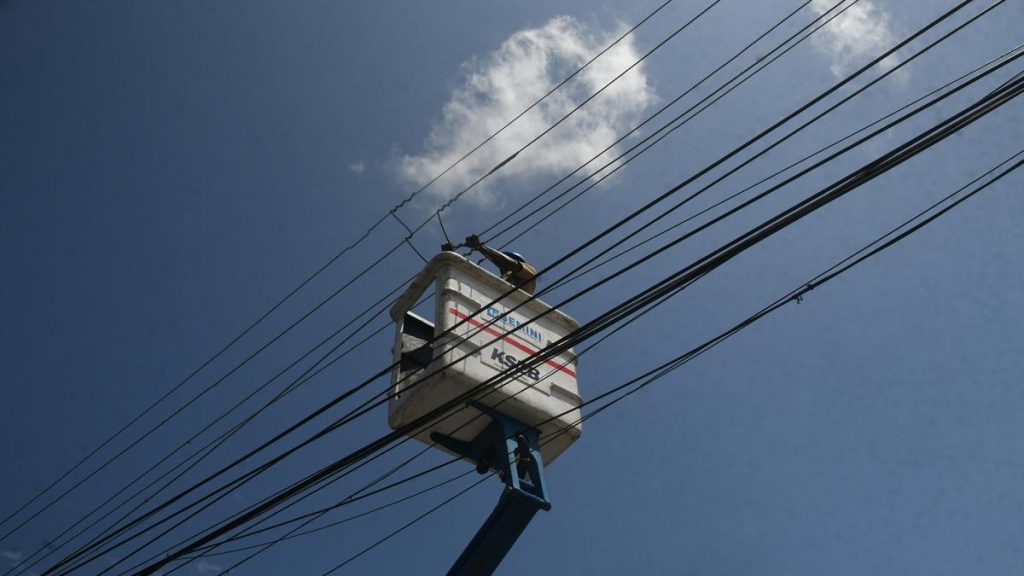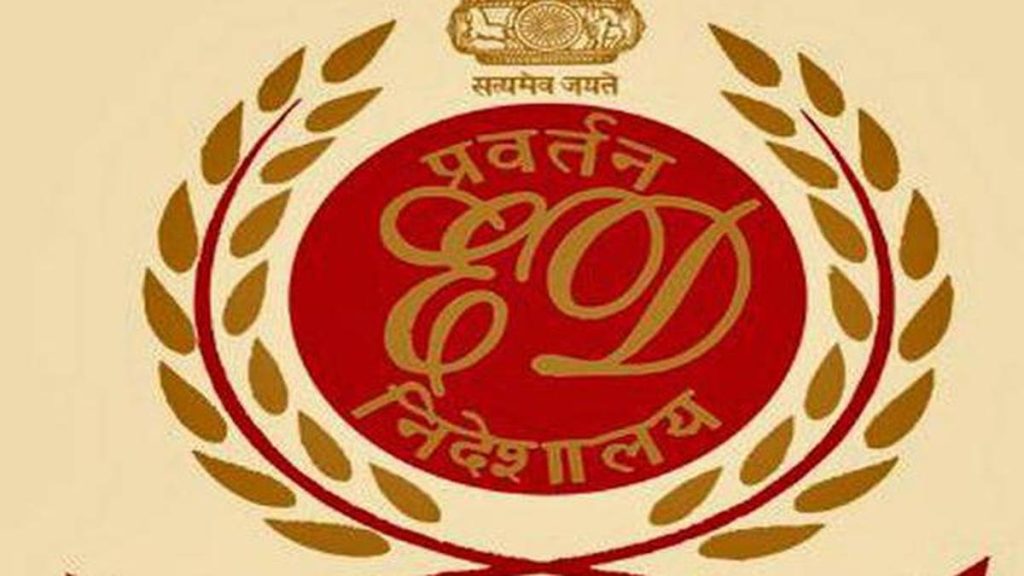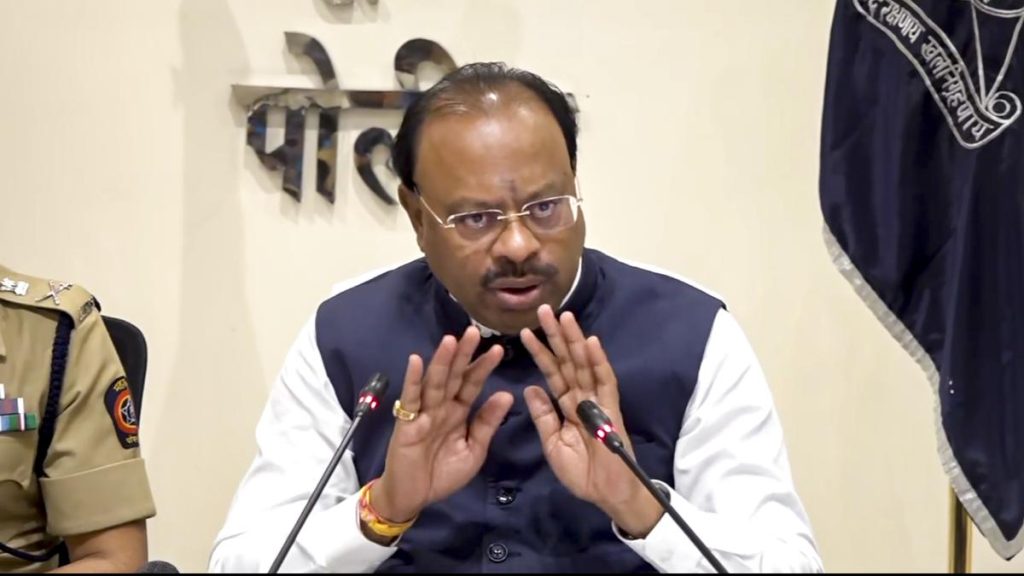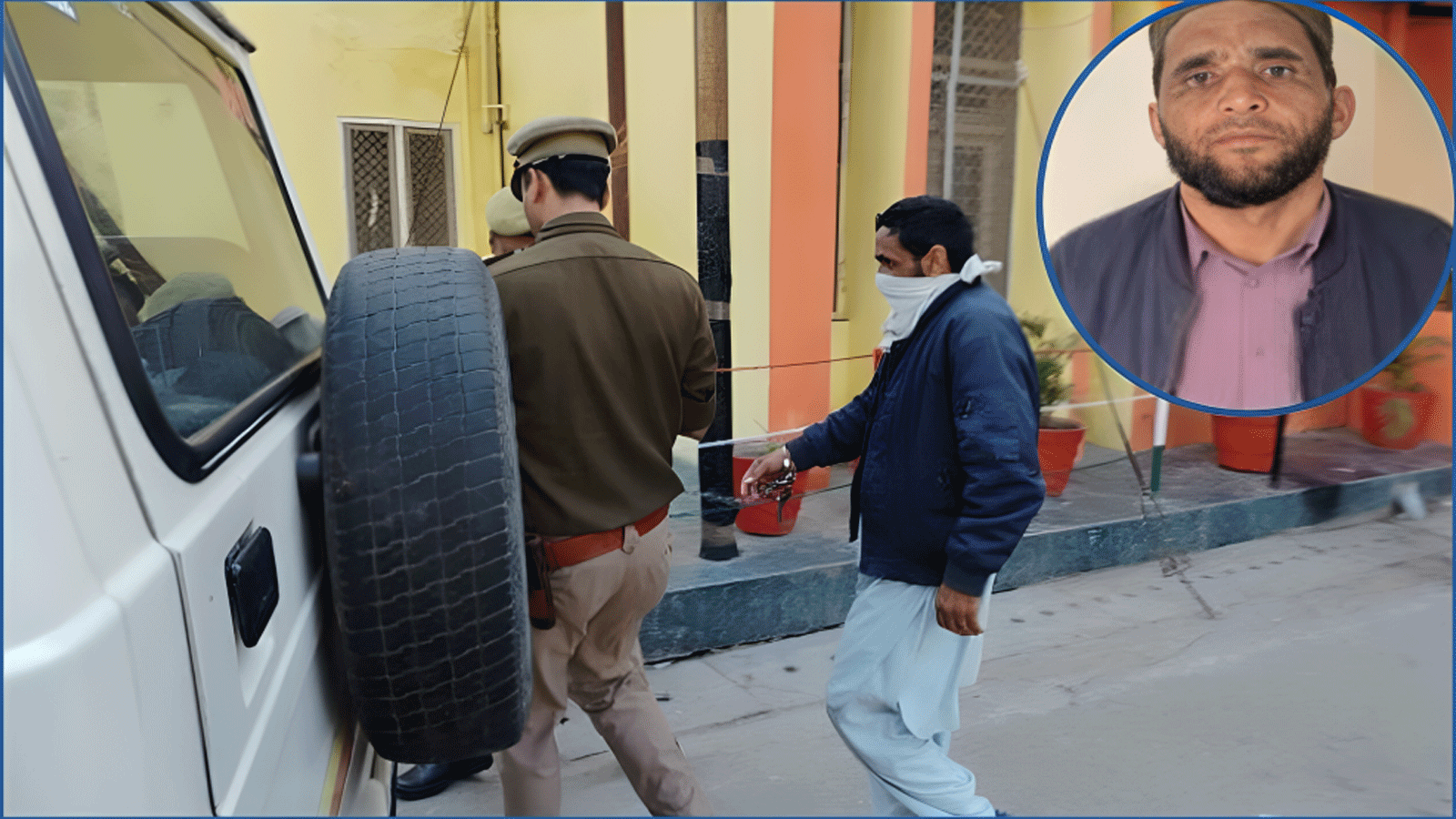Now Reading: Sure! Please provide the original headline you’d like me to revise
-
01
Sure! Please provide the original headline you’d like me to revise
Sure! Please provide the original headline you’d like me to revise
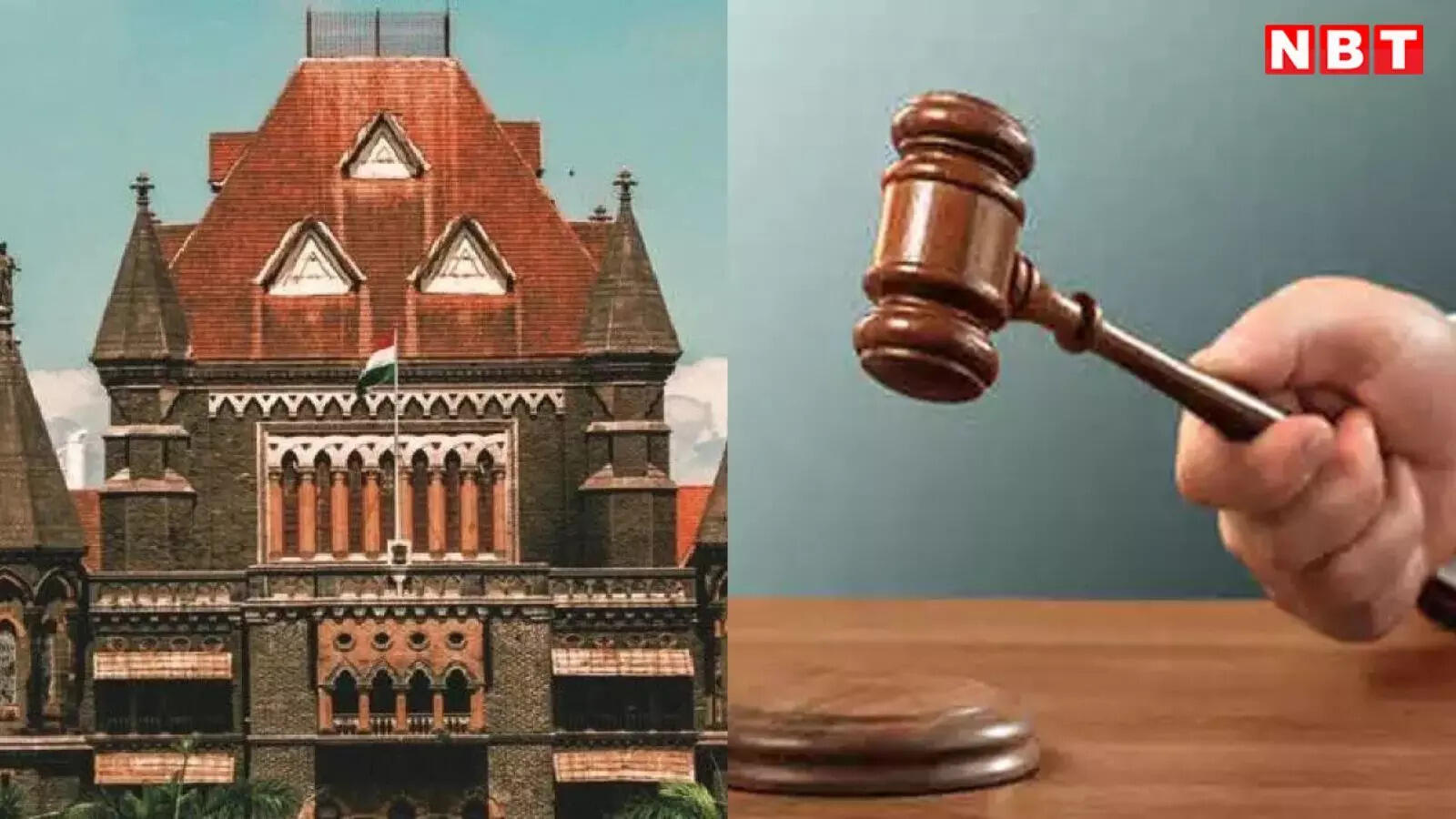
Fast Summary
- Incident: A 19-year-old Pune student was arrested for sharing a social media post criticizing India-Pakistan hostility amidst “Operation Sindoor.” she later apologized and deleted the post within two hours.
- Court Intervention: The Bombay High Court criticized the Maharashtra government for its “aggressive reaction” in arresting the student, calling it disproportionate and unnecessary. The court described the state’s response as unfairly criminalizing a young student’s mistake.
- Judicial Ruling: Justices Gauri Godse and Somasekhar Sundarsan stated that students should be corrected rather than punished harshly, urging immediate bail for her. The court pledged her release so she coudl attend exams.
- Criticism Directed at College: The student’s college expelled her without offering a chance to explain. This decision was condemned by the court, which emphasized educational institutions should focus on reforming students rather than enforcing punitive measures.
for images and additional details:
Read More
Indian Opinion Analysis
The Bombay High Court’s intervention underscores an vital precedent regarding freedom of expression in India, especially among youth navigating sensitive political issues. While national security concerns are valid,criminalizing minor mistakes without due consideration may discourage constructive dialogue and hinder democratic values at their roots.
educational institutions play an integral role in shaping a nation’s youth-they have a responsibility to teach accountability alongside fostering growth through corrective measures when mistakes occur. Both college expulsion and judicial custody seem disproportionately harsh for mere social media behavior from someone who acknowledged her error instantly.
This case highlights critical policy considerations about proportionality in governmental responses to contentious speech online while reinforcing personal freedoms embedded within Indian democracy’s framework.


